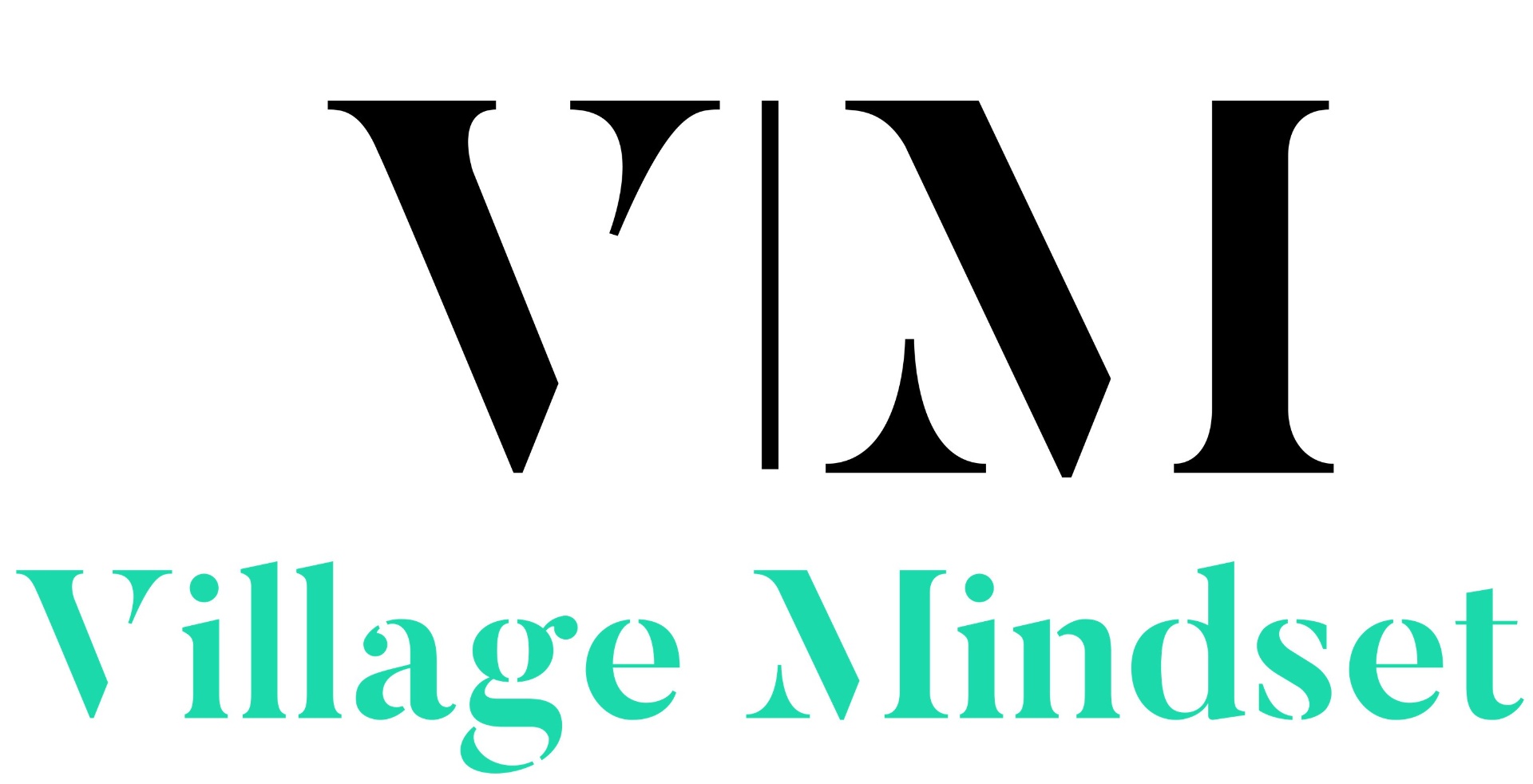Social Work Internships
Social Work Field Placement/Internships
“You don’t choose Social Work, it chooses you.” – Katesha S. Broadus, LCSW
The process of becoming a social worker is challenging in and of itself. Being a social worker is a rewarding career path that is full of endless possibilities. Social workers are responsible for helping individuals, families, and groups of people to cope with day-to-day problems that are negatively impacting their social functioning and quality of life.
Village Mindset offers generalist and clinical field placement/internship opportunities to students enrolled in CSWE accredited Bachelor of Social Work (BSW) and Master of Social Work (MSW) programs. Our internship opportunities focus on exploring the six roles of a social worker and the CSWE 10 Core Competencies. We strive to help social work professionals become competent change agents and strong clinical social workers prior to graduation.
To apply submit a Internship Questionnaire today! Please note that we are not currently accepting students for Winter and Spring 2023 start dates at this time.
Social Worker Roles
Broker– the social worker is involved in the process of making referrals to link a client to community resources. This includes identifying community resources, sharing them with one’s client, and then following up to ensure the resources have been obtained.
Advocate– Social workers speak up for the voiceless. Social workers stand up and they fight for the rights of others, that are considered vulnerable populations within our society. Being an advocate can happen at all levels whether it be on the local, county, state, or federal levels of government. Social workers must not be silent and complacent with discrimination and oppression. In order to be an advocate, one has to find their voice and learn to stand up for themselves as well.
Case Manager– Social workers that function as case managers are tasked with locating services and helping their clients access those services. They often work with at-risk populations such as those that are homeless, elderly, chronically ill, or are diagnosed with a severe mental illness (SMI), disabled, survivors of abuse, or even vulnerable children.
Educator– Social workers also can be found teaching members of their perspective communities important skills such as financial literacy, parent training, how to prevent violence, or psychoeducation around a particular medical or mental health diagnosis.
Facilitator– Social workers know a lot of great people and organizations. This makes them awesome when it comes to gathering community partners for community development projects, self-advocacy, political organizations that lobby a unique cause or evoke policy change. You can also find them facilitating support and therapeutic groups within the community.
Organizer– Social workers are detailed orientated and organized individuals. They are involved in various levels of community organization and action including economic development, union organization, research, and policy.
College, C. (n.d.). Roles of a social worker. Retrieved April 05, 2021, from https://www.csc.edu/socialwork/careers/roles/
CSWE Core Competencies
1. Identify as a professional social worker and conduct oneself accordingly.
Social Workers: a) advocate for client access to the services of social work; b) practice personal reflection and self-correction to assure continual professional development; c) attend to professional roles and boundaries; d) demonstrate professional demeanor in behavior, appearance, and communication; e) engage in career-long learning; and f) use supervision and consultation.
2. Apply social work ethical principles to guide professional practice.
Social Workers: a) recognize and manage personal values in a way that allows professional values to guide practice; b) make ethical decisions by applying standards of the NASW Code of Ethics, and, as applicable, of the International Federation of Social Workers/International Association of Schools of Social Work Ethics in Social Work, Statement of Principles; c) tolerate ambiguity in resolving ethical conflicts; and d) apply strategies of ethical reasoning to arrive at principled decisions.
3. Apply critical thinking to inform and communicate professional judgments.
Social Workers: a) distinguish, appraise, and integrate multiple sources of knowledge, including research-based knowledge, and practice wisdom; b) analyze models of assessment, prevention, intervention, and evaluation; and c) demonstrate effective oral and written communication in working with individuals, families, groups, organizations, communities, and colleagues.
4. Engage diversity and difference in practice.
Social workers: a) recognize the extent to which a culture’s structures and values may oppress, marginalize, alienate, or create or enhance privilege and power; b) gain sufficient self-awareness to eliminate the influence of personal biases and values in working with diverse groups; c) recognize and communicate their understanding of the importance of difference in shaping life experiences; and d) view themselves as learners and engage those with whom they work as informants.
5. Advance human rights and social and economic justice.
Social workers: a) understand the forms and mechanisms of oppression and discrimination; b) advocate for human rights and social and economic justice; and c) engage in practices that advance social and economic justice.
6. Engage in research-informed practice and practice-informed research.
Social workers: a) use practice experience to inform scientific inquiry; and b) use research evidence to inform practice.
7. Apply knowledge of human behavior and the social environment.
Social workers: a) utilize conceptual frameworks to guide the processes of assessment, intervention, and evaluation; and b) critique and apply knowledge to understand person and environment.
8. Engage in policy practice to advance social and economic well-being and to deliver effective social work services.
Social workers: a) analyze, formulate, and advocate for policies that advance social well-being; and b) collaborate with colleagues and clients for effective policy action.
9. Respond to contexts that shape practice.
Social workers : a) continuously discover, appraise, and attend to changing locales, populations, scientific and technological developments, and emerging societal trends to provide relevant services; and b) provide leadership in promoting sustainable changes in service delivery and practice to improve the quality of social services.
10. Engage, assess, intervene, and evaluate with individuals, families, groups, organizations, and communities.
Engagement:
Social workers: a) substantively and effectively prepare for action with individuals, families, groups, organizations, and communities; b) use empathy and other interpersonal skills; and c) develop a mutually agreed-on focus of work and desired outcomes
Assessment:
Social workers: a) collect, organize, and interpret client data; b) assess client strengths and limitations; c) develop mutually agreed-on intervention goals and objectives; and d) select appropriate intervention strategies.
Intervention:
Social workers: a) Initiate actions to achieve organizational goals; b) Implement prevention interventions that enhance client capacities; c) Help clients resolve problems; d) Negotiate, mediate, and advocate for clients; and e) Facilitate transitions and endings.
Evaluation:
Social workers: a) Critically analyze, monitor, and evaluate interventions
Http://sswlhc.org/wp-content/uploads/2018/01/SOWK_CSWE-Ten-Core-Competencies.pdf. (n.d.). Retrieved April 05, 2021, from http://sswlhc.org/wp-content/uploads/2018/01/SOWK_CSWE-Ten-Core-Competencies.pdf

